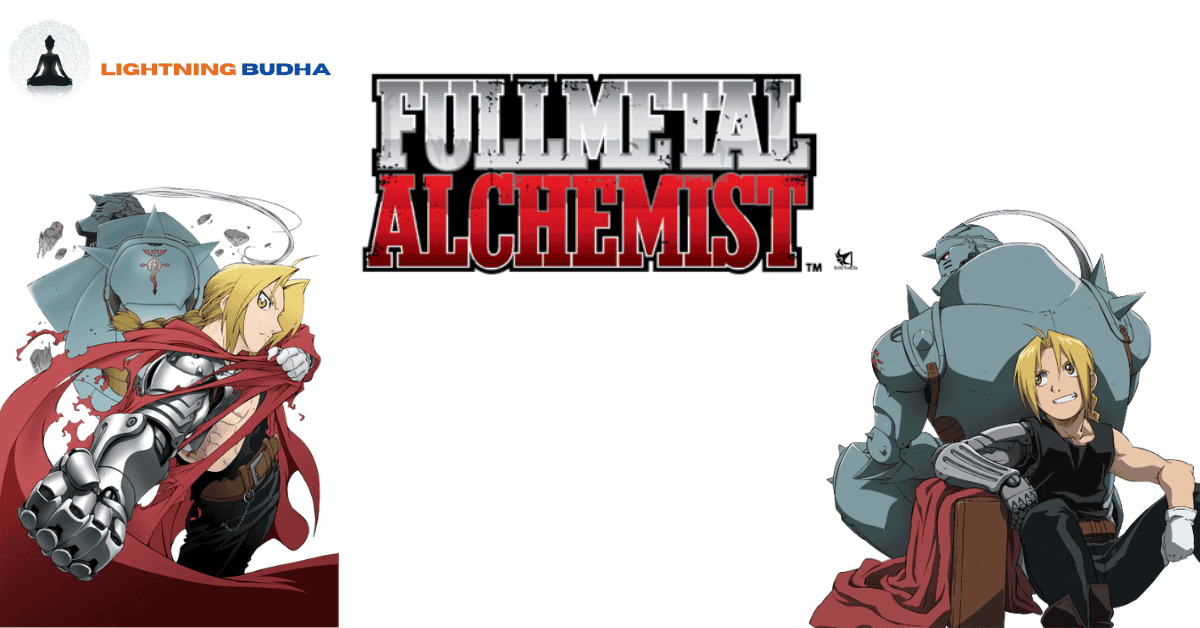What ‘Fullmetal Alchemist’ Teaches About Healing and Recovery is more than anime—it’s a life lesson on acceptance, resilience, forgiveness, and growth.
Anime often gives us more than just thrilling battles or fantastical adventures—it offers profound lessons about life, growth, and the human spirit.
Among these, a few stories have resonated with audiences as deeply as Fullmetal Alchemist (2003) and Fullmetal Alchemist: Brotherhood (2009).
While the series is celebrated for its rich world-building and unforgettable characters, one of its most powerful themes is healing and recovery—both physical and emotional.
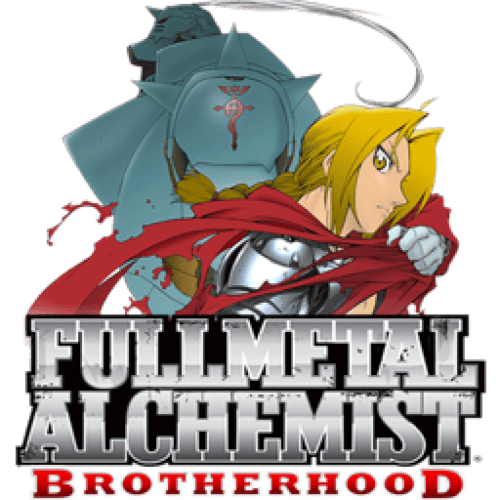
From Edward and Alphonse Elric’s painful journey after a failed transmutation to the psychological scars carried by characters like Scar, Roy Mustang, and Winry Rockbell, Fullmetal Alchemist illustrates that recovery is rarely linear, and true healing takes patience, resilience, and connection with others.
In this article, we’ll explore how Fullmetal Alchemist teaches us about recovery in its many forms, how these lessons apply to real life, and why the anime remains timeless for anyone struggling with setbacks, trauma, or personal pain.
1. The Elric Brothers: Living With Loss
The core of Fullmetal Alchemist begins with a tragedy. Edward and Alphonse attempt the forbidden act of Human Transmutation to revive their mother. Instead, Ed loses an arm and a leg, while Alphonse loses his entire body—his soul bound to armor.
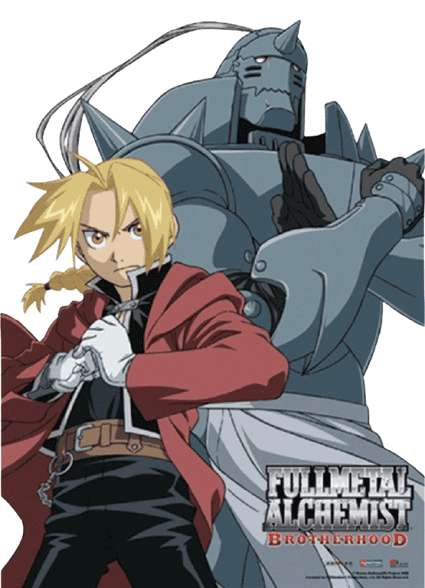
This is more than a plot point; it’s a reflection of what happens when people confront loss and grief in unhealthy ways. They wanted a shortcut, a way to bypass pain and suffering. Instead, they multiplied it.
Lesson:
Healing doesn’t come from trying to undo tragedy. It comes from accepting the loss, making peace with it, and finding the strength to move forward.
As Edward once said:
“A lesson without pain is meaningless. That’s because you can’t gain something without sacrificing something in return.”
In psychology, this aligns with the concept of radical acceptance—acknowledging painful realities instead of resisting them, which allows the healing process to begin.
Healing Is Not Just Physical
When we think of healing, we often imagine physical recovery—like Edward’s automail prosthetics replacing his lost limbs. But Fullmetal Alchemist goes further, reminding us that emotional and spiritual wounds are often deeper than physical ones.

- Edward’s physical scars are visible, but his guilt over Alphonse’s condition cuts far deeper.
- Alphonse’s hollow body is a constant reminder of what he lost, yet he often shows more emotional maturity than Edward.
- Winry Rockbell, the automail mechanic, teaches us that healing also means supporting others—sometimes being the anchor when they can’t stand on their own.
“It’s a cruel and random world, but the chaos is all so beautiful.” — Alphonse Elric
This line captures the essence of recovery: finding beauty even in pain. Healing doesn’t erase scars; it gives them meaning.
2. Physical Recovery: The Automail Metaphor
After losing his limbs, Edward is fitted with automail prosthetics made by Winry Rockbell. At first, these prosthetics are a painful burden—requiring immense training, recalibration, and endless repairs. Yet over time, automail becomes a symbol of resilience and adaptation.
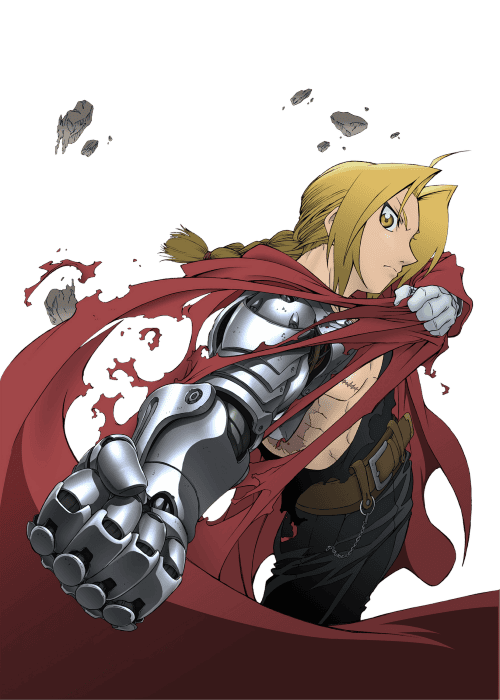
This serves as a metaphor for physical recovery and rehabilitation in our world. Many who undergo surgeries, injuries, or disabilities face a similar process: frustration, setbacks, and learning to live differently.
But the series emphasizes that while the physical body can adapt, recovery requires emotional support as much as mechanical solutions. Winry isn’t just Ed’s mechanic—she’s his emotional anchor, reminding him that he doesn’t have to face pain alone.
Takeaway:
- Healing is not just about fixing the body, but rebuilding life around new circumstances.
- Support systems—friends, family, caregivers—are as vital to recovery as medical tools.
3. The Shadow of Guilt: Psychological Healing
No character in Fullmetal Alchemist escapes guilt. Ed feels responsible for Al’s fate. Al struggles with questions of identity and existence.

Winry must cope with losing her parents in the Ishvalan War. Scar, driven by vengeance, wrestles with the trauma of genocide. Roy Mustang and his team carry the guilt of their actions in Ishval, where they burned lives in the name of duty.
The shared theme is that psychological wounds are invisible, but just as deep as physical ones.
For example, one of Ed’s most powerful lines is:
“A lesson in humility is not the worst thing in the world. It might be important to learn that you can’t win every battle.”
Healing from psychological scars requires confronting guilt and choosing to live differently, not letting the past define who you are forever.
This mirrors therapeutic approaches in real life, like Cognitive Behavioral Therapy (CBT), which teaches us to reframe unhelpful thoughts and learn self-compassion.
4. The Myth of “Quick Fixes”
One of the central laws of alchemy is Equivalent Exchange:

“In order to obtain something, something of equal value must be lost.”
This principle applies to healing and recovery perfectly. Quick fixes rarely work. There are no shortcuts to bypass grief, addiction, or trauma. Just like alchemy, recovery requires investment, effort, and sacrifice over time.
Ed and Al’s desperate attempt to bring their mother back with a ritual was a shortcut that caused them more pain. In contrast, their long, grueling journey to restore Al’s body represents true recovery: it’s messy, nonlinear, and requires perseverance.
5. Healing Through Connection
One of the most moving aspects of Fullmetal Alchemist is how characters heal each other. Nobody recovers alone.
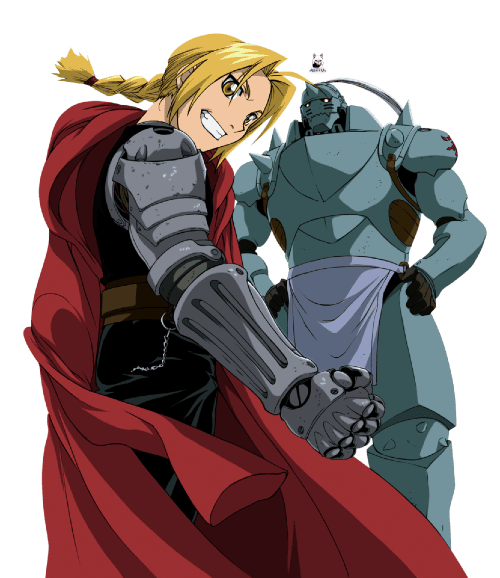
- Winry helps Ed accept his prosthetics.
- Ed and Al give Scar something he lacked for years: understanding.
- Roy Mustang’s reliance on Riza Hawkeye and his team keeps him accountable.
- Even villains like Greed find purpose and redemption by bonding with others.
These relationships reflect an important truth: healing is communal. Whether through therapy, friendship, or mentorship, support networks make recovery sustainable.
6. The Role of Forgiveness
Another hidden layer of healing in Fullmetal Alchemist is forgiveness—both forgiving others and oneself.
Scar eventually learns that vengeance cannot heal his scars—it only deepens them. Edward forgives himself for past mistakes and chooses to focus on the future.

Winry, in a highly emotional moment, resists killing Scar (the man who murdered her parents), choosing instead to break the cycle of hatred.
This decision highlights that forgiveness is not about excusing harm, but about reclaiming inner peace. In trauma psychology, forgiveness is often described as “cutting the rope” that ties you to pain.
7. Resilience and Rebuilding: Beyond Survival
By the series’ conclusion, Ed and Al don’t simply “go back to normal.” They emerge changed—scarred but wiser. Their journey reflects the essence of post-traumatic growth: the ability to not only survive hardships but to rebuild a stronger, more purposeful self afterward.
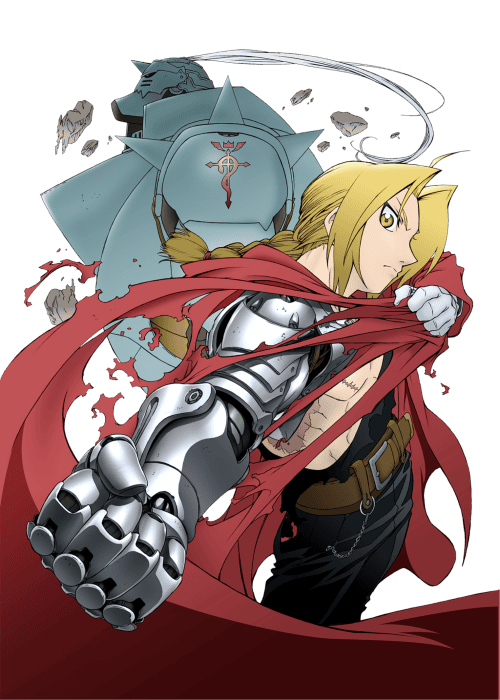
Ed’s final rejection of alchemy as the center of his identity shows maturity. He realizes that life, love, and human connection are far more valuable than chasing perfection.
Real-Life Takeaways: Applying FMA’s Lessons
Watching Fullmetal Alchemist isn’t just entertainment—it’s a mirror of our struggles. Here’s how its lessons translate into real life:
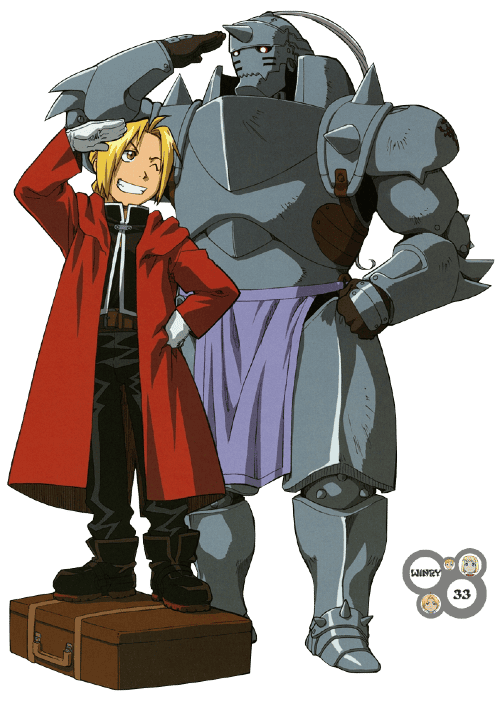
- Acknowledge your scars – Healing begins with acceptance.
- Lean on your circle – Just as Ed had Winry, seek those who can support you.
- Grow from pain – Every struggle can teach resilience.
- Be patient – Recovery takes time, and that’s okay.
- Forgive – Not for others, but for your peace.
Final Thoughts: Fullmetal Alchemist’s Truth About Healing
At its core, Fullmetal Alchemist is not just about alchemy, nations, or cosmic battles. It is about what it means to be human while carrying pain.
The anime teaches us that:
- Healing is not linear; it’s filled with setbacks.
- Scars—both visible and invisible—are part of who we are.
- Support from others makes recovery possible.
- Forgiveness and acceptance are keys to peace.
- Even in brokenness, we can discover new meaning and resilience.
Just as Ed and Al gave up everything to gain the strength to live authentically, we too can grow from our struggles and move forward—not by erasing pain, but by integrating it into who we become.
Other Interesting Posts To Read:
How Watching Anime Can Improve Emotional Intelligence
7 Health Tips from Anime Teachers You Shouldn’t Ignore
Top 10 Anime Characters Who Promote Self-Care
5 Anime-Inspired Habits to Improve Your Physical Fitness
What ‘Attack on Titan’ Can Teach You About Stress and Survival Psychology

